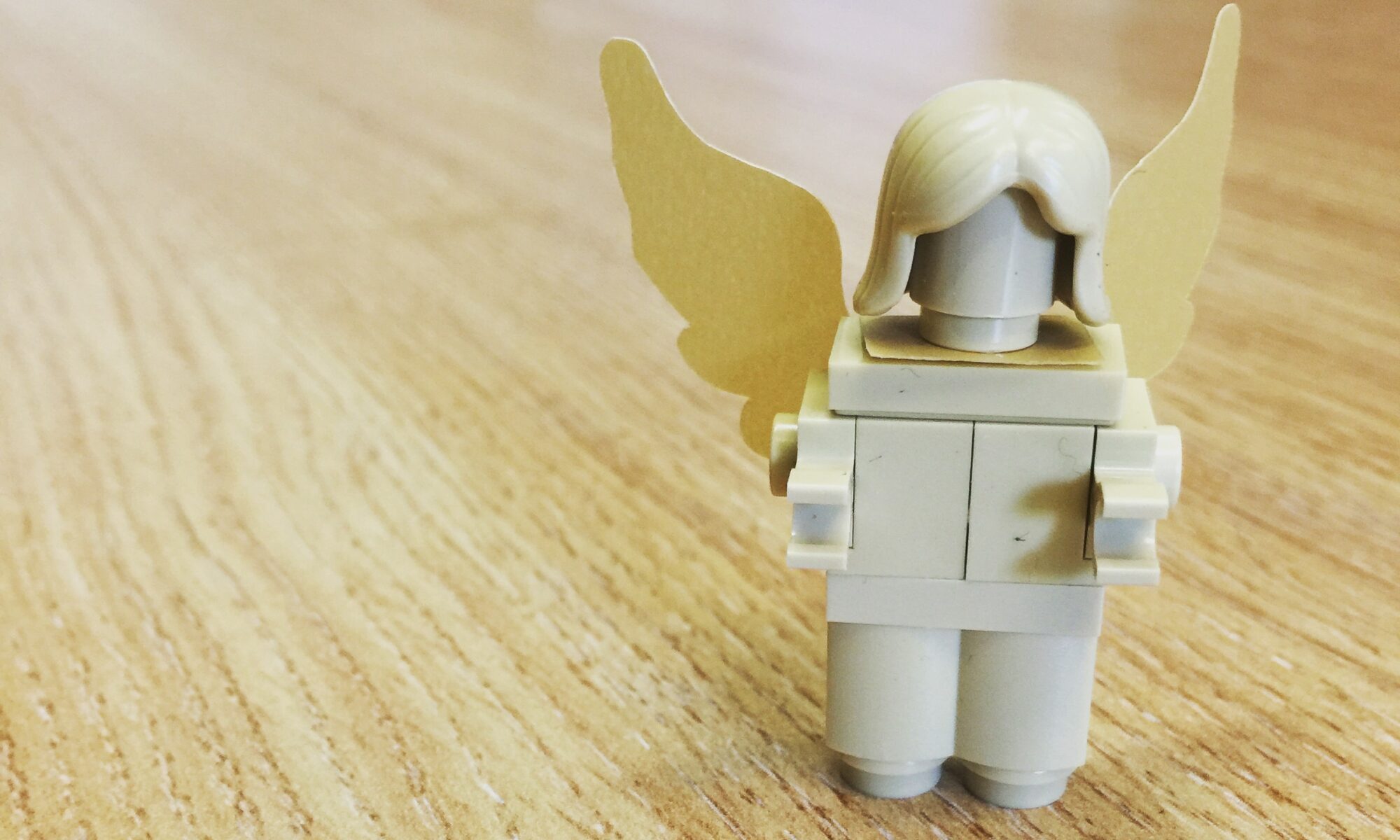“Our greatest power is not the respect that others have for us, but the service we can offer other” Pope Francis Let Us Dream; The Path to a Better Future, p127. 2020 Simon & Schuster
Do you know the Greek myth about the Minotaur (half bull, half human) that was fed human sacrifices every year to avert plague? Its appetite was endless and, once you entered the labyrinth there was no way out. Pope Francis mentions it in Let Us Dream. He suggests that we have walked blindly into a labyrinth of our own making – climate change, economic crisis, global pandemic, marginalisation of those who are ‘not like us’ etc. He calls it existential myopia and we all have it to some extent, especially when the World draws us into ‘selfie’ – me first” ways of thinking. We are warned that carrying on this way only leads deeper into the labyrinth.
We are all interconnected:
we are one, after all, you and I,
together we suffer,
together we exist
and forever will re-create each other.
(Pierre Teilhard de Chardin cited by John Fox in Poetic Medicine 1997, p231)
Our destiny is a shared one and, as Francis points out, it is short-sighted to want to go back to ‘normal’ post pandemic “ignoring that we weren’t so fine before” (p136). You may know that The Minotaur was eventually defeated by Theseus who then had to find his way out. He didn’t do it alone. Love came to the rescue and Ariadne gave Theseus a ball of thread to pull on and Theseus and Ariadne sailed off into the sunset together.
We need to find our ‘ball of thread’ to pull us out of our labyrinth. The suggestion from all our faith leaders is that we do it together. We can start, as Pope Francis suggests if we, “leave behind the ‘selfie’ culture and look at the eyes, faces, hands, needs of those around us and in this way, find, too, our own faces, our own hands, full of possibilities.” (p137).
For some, this idea smacks of, well, servility; giving in, being ‘less than’ etc. This is the logic of the labyrinth, our existential myopia at work. Yet, as we talked about in a recent sermon, we can serve through doing things that give us joy due to the different gifts that God gives each one of us.
During the sermon we asked folk to write down their answer to the question, “What gives you joy?” Their answers:
- Caring, nurturing, helping, cooking, making, crafting, building, designing, making people laugh/smile, telling stories, writing, walking, dancing, playing music, analysing systems, travelling, meeting and getting to know people, listening…
Herein are all the gifts we need to serve each other, serve our communities and serve God. We may not know where or how to begin. How about this:
“Call up, go visit … say you don’t have a clue what (to) do but maybe you can help. Say you’d like to be part of a different world and you thought this might be a good place to start”? (p137)
As Samuel said, “Here I am, for you called me … Speak, for your servant is listening” 1 Samuel: 8-10
